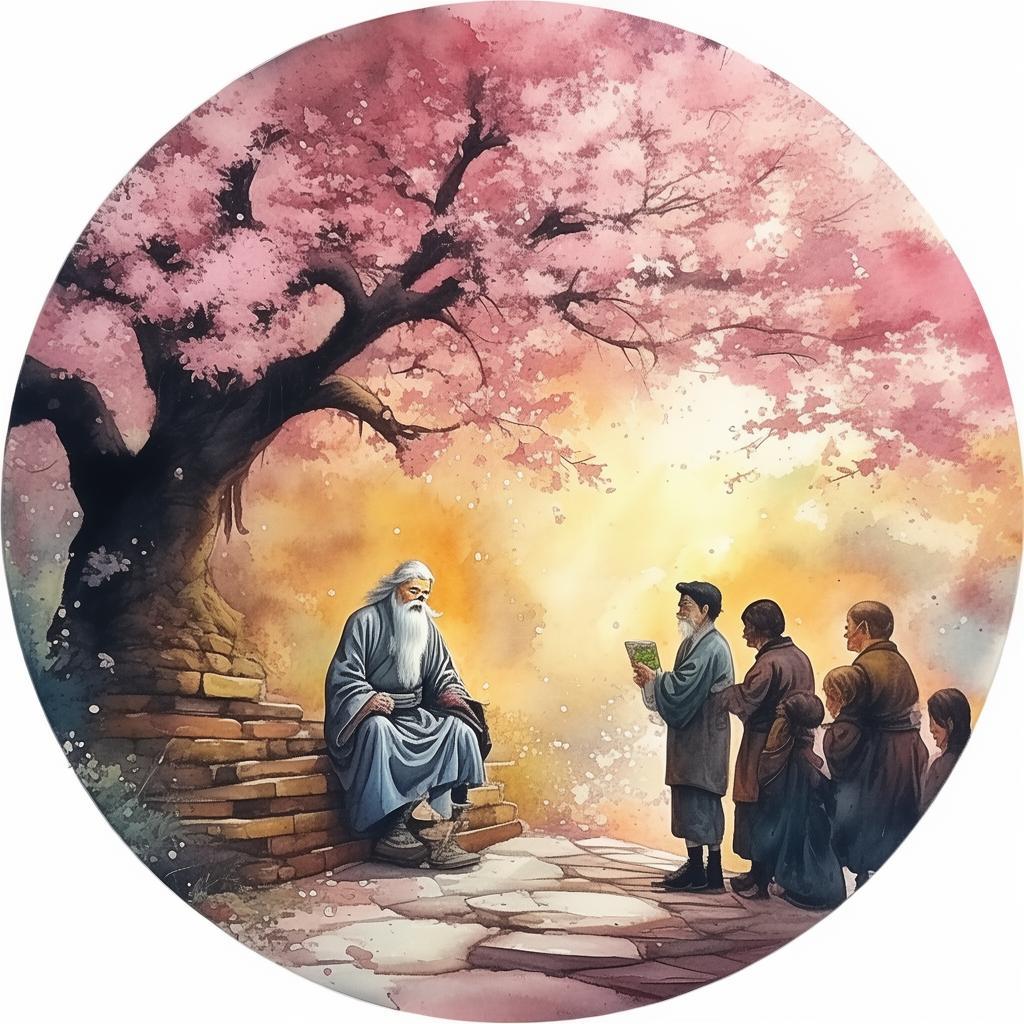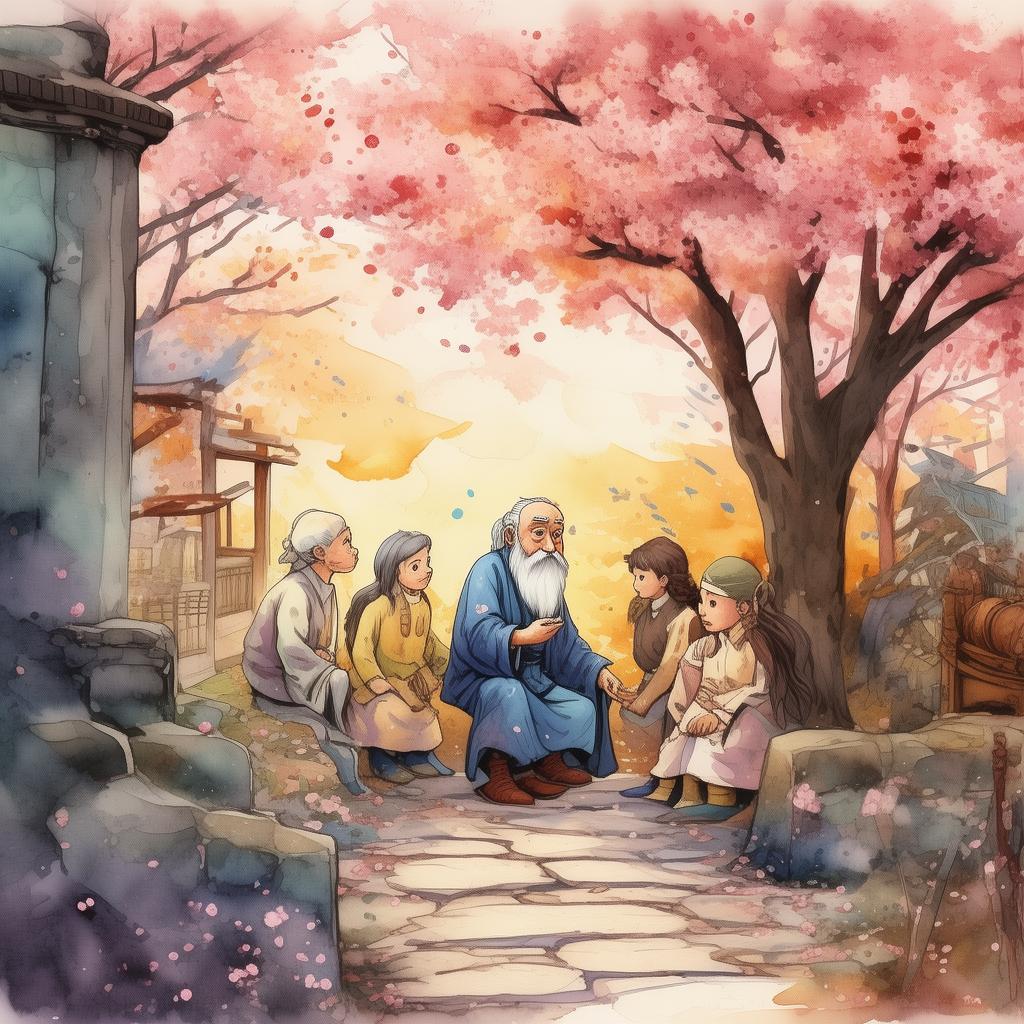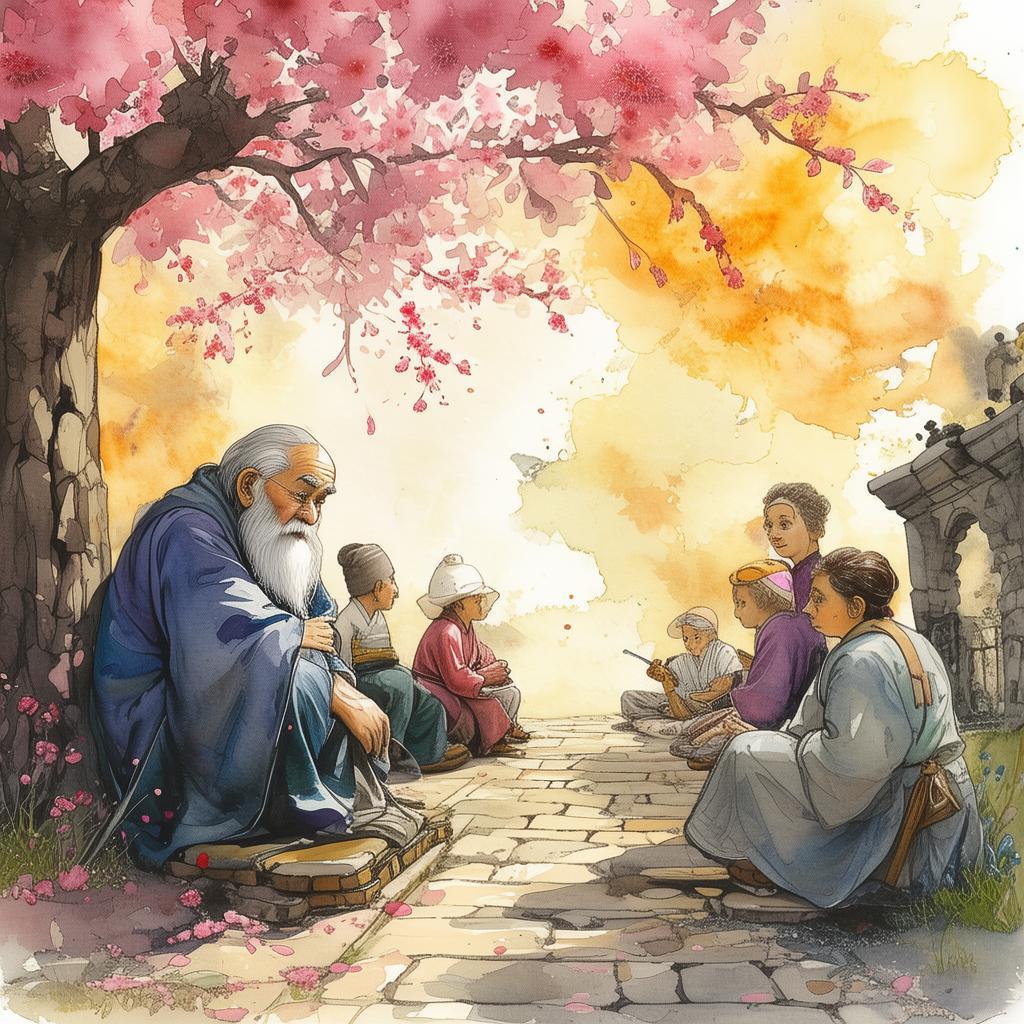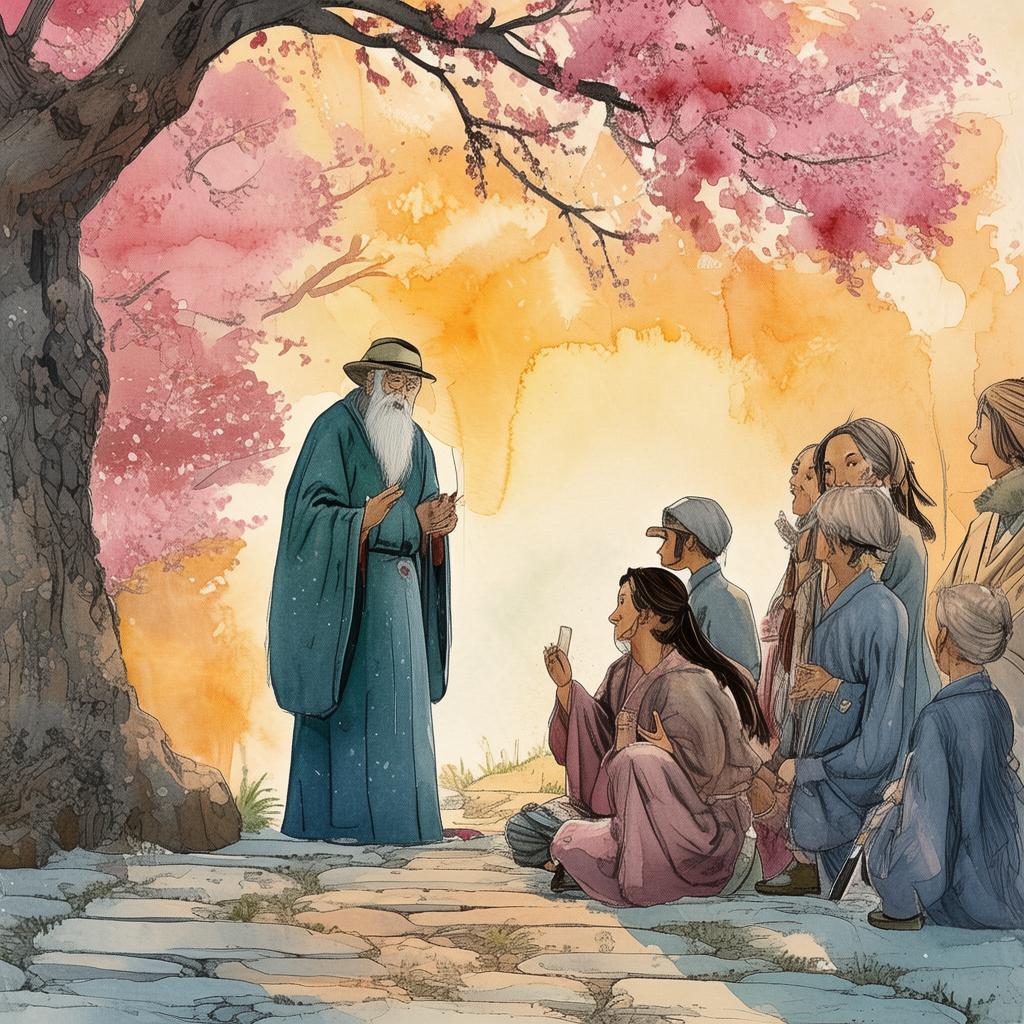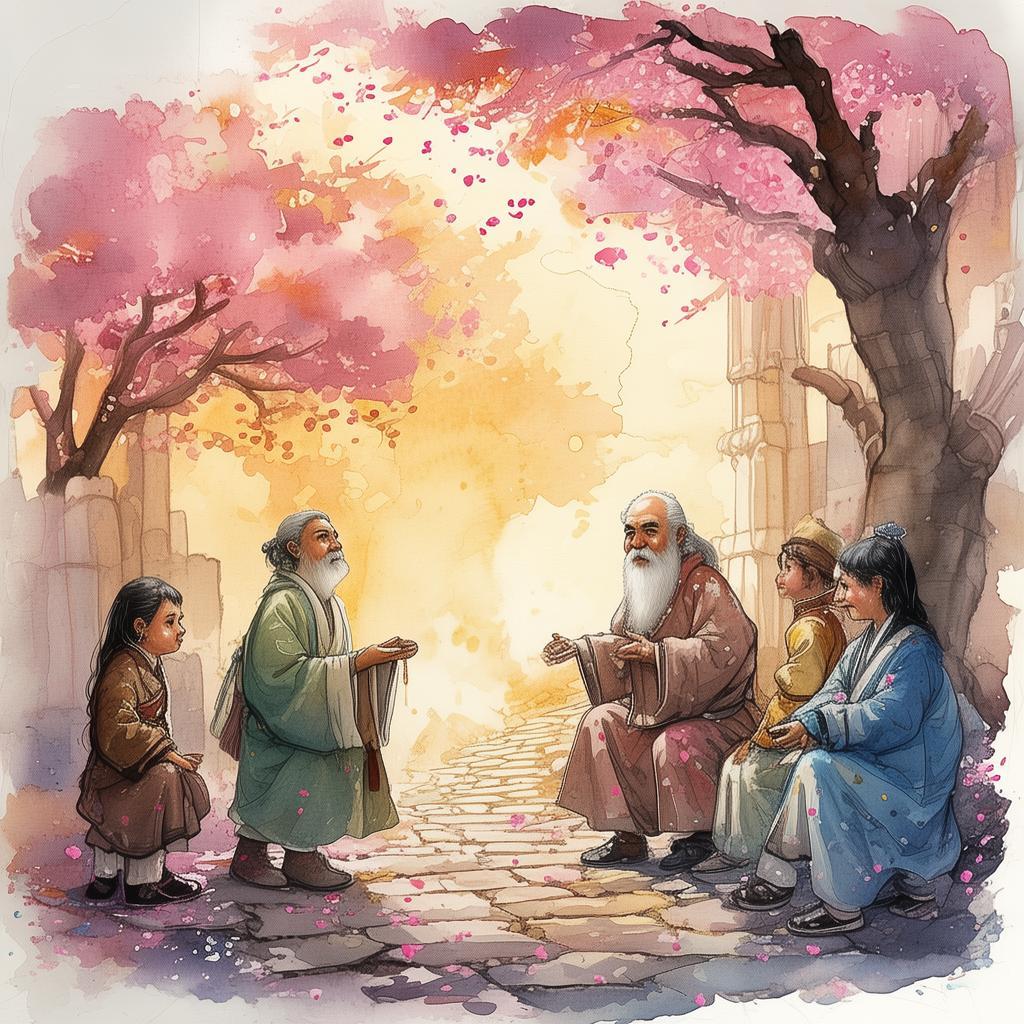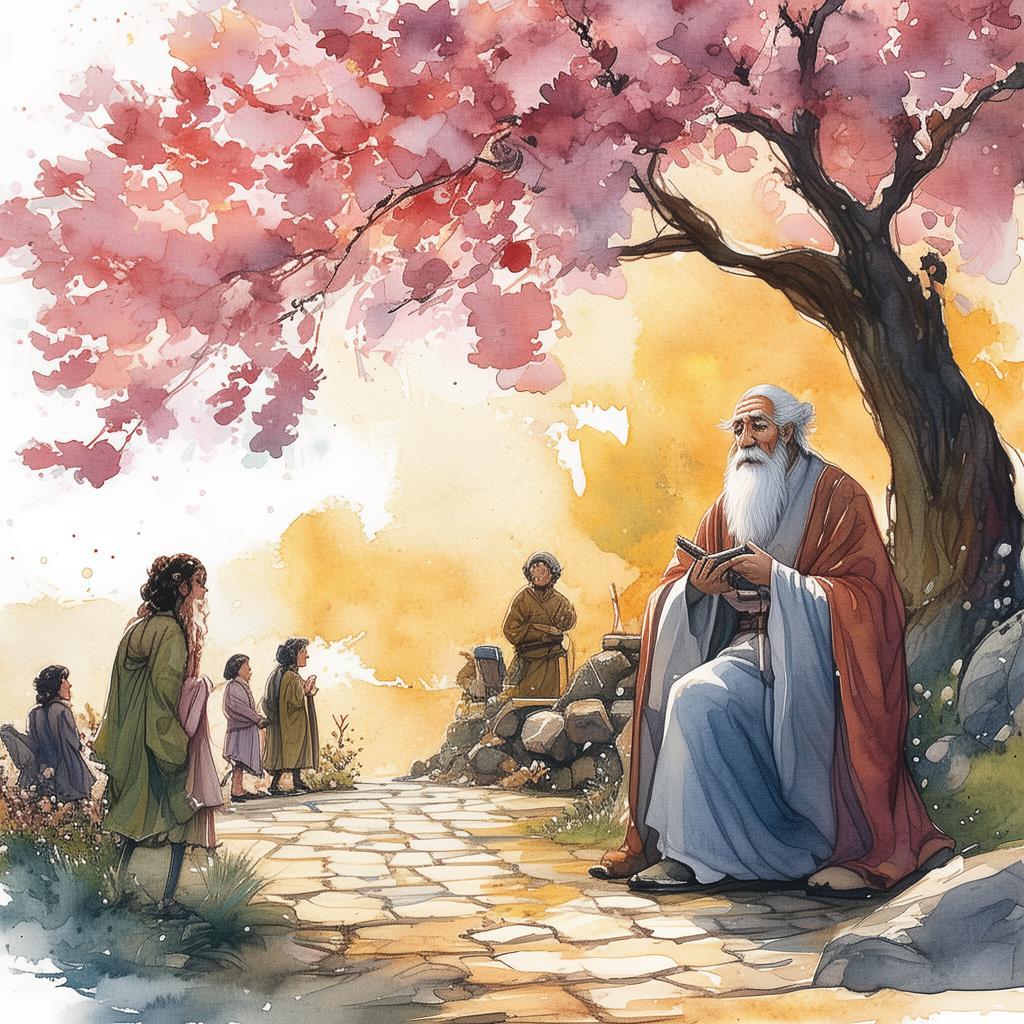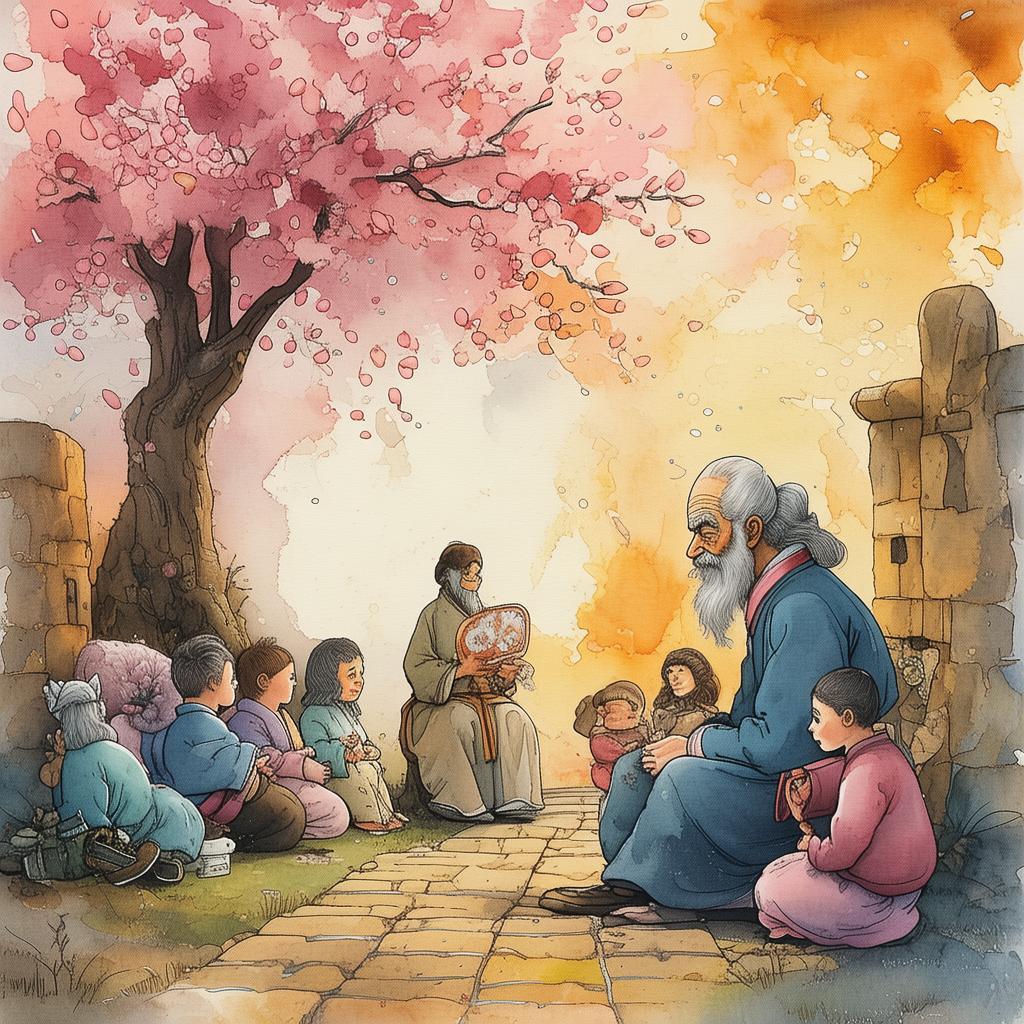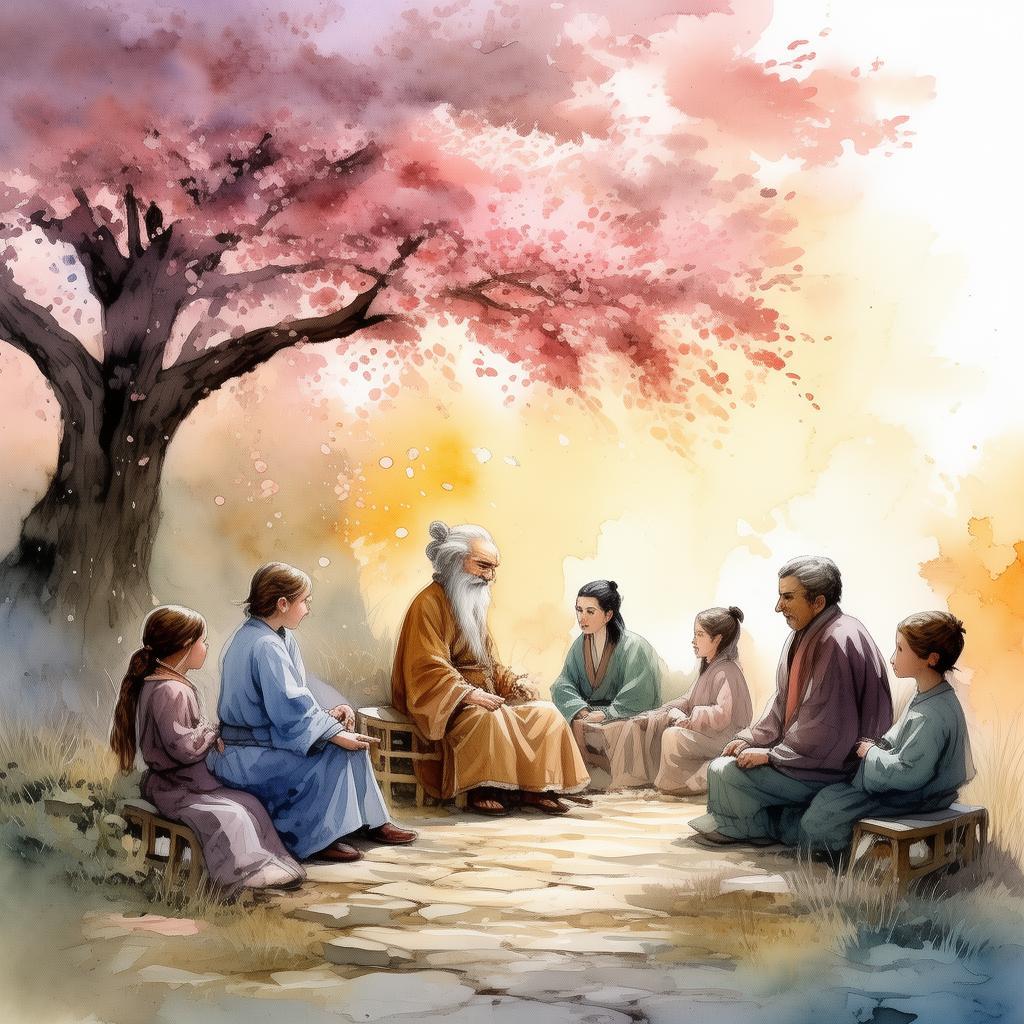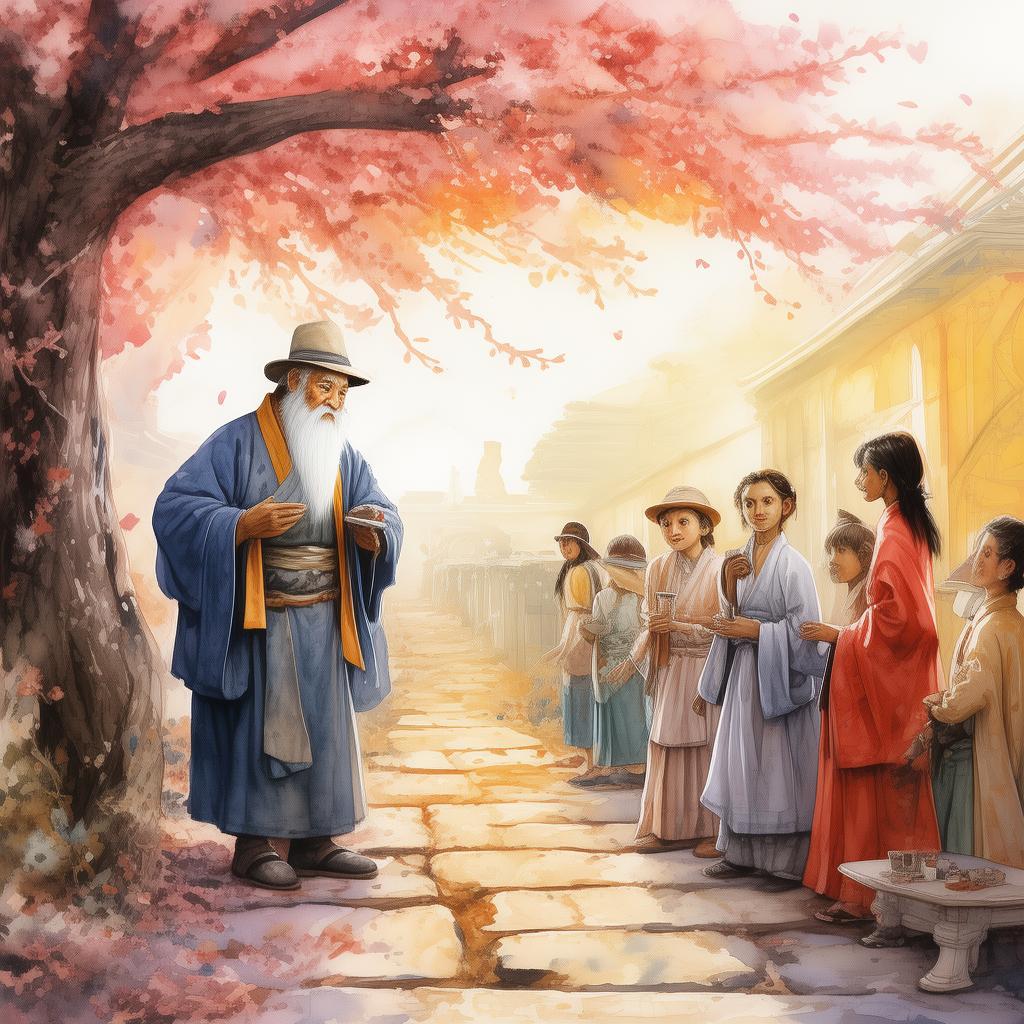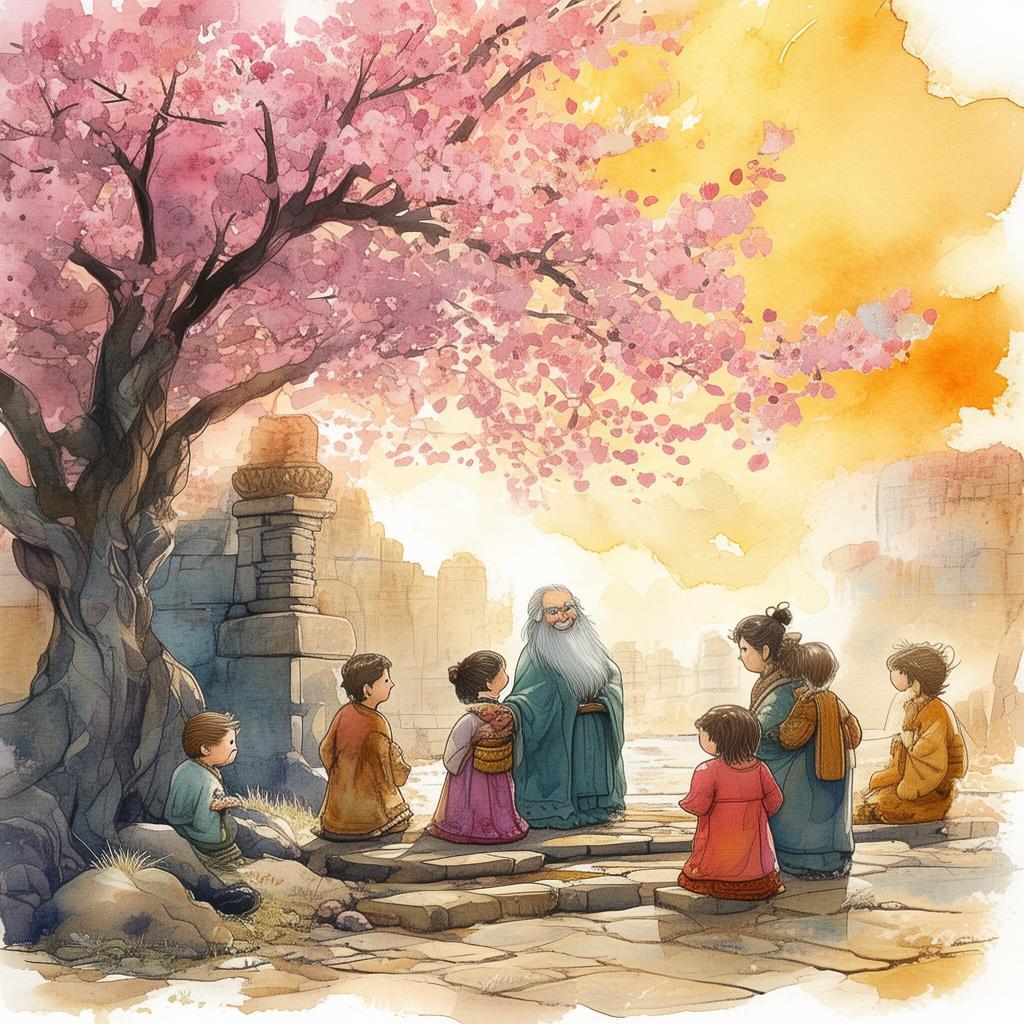The Cybernetic Reckoning
The year was 2145, in a world where technology had transcended the boundaries of human imagination. Virtual reality had become so advanced that it was indistinguishable from reality, and the line between the digital and the physical had become increasingly blurred. In this technologically advanced society, the term "novice hacker" had taken on a new meaning.
Liang was a young man with a penchant for technology, a prodigy in the making. He had spent his nights poring over ancient tomes of computer science, mastering the arcane arts of cybernetics. But Liang was no ordinary hacker; he was a novice in the truest sense of the word. He was still learning, still finding his place in a world that was rapidly evolving beyond his grasp.
One evening, while exploring the dark corners of the internet, Liang stumbled upon a peculiar message. It was an invitation to join a secret society of hackers known as The Cybernetic Conclave. The society was said to be the pinnacle of hacking prowess, a place where the most advanced minds in the world gathered to push the boundaries of technology.
Curiosity piqued, Liang accepted the invitation. He was soon immersed in a world of virtual reality, where he met other hackers like himself, each with their own unique skills and motivations. Among them was Aria, a master of virtual reality who had a knack for creating immersive experiences that could make a person believe they were truly in another world.
As they delved deeper into the society's activities, Liang and Aria discovered that The Cybernetic Conclave was not just a group of hackers; they were a group of revolutionaries. They were working on a project that could change the world, a project that involved altering the very fabric of reality itself.
The project was called "The Reckoning." It was a virtual reality simulation so advanced that it could trick the human mind into believing it was real. The society planned to use this simulation to hold a virtual election, one that would determine the fate of the world. If the simulation were to succeed, it would mean that the human race would be forced to confront the moral implications of their actions in a way they had never done before.
Liang was initially excited by the project's potential. He saw it as a chance to make a real difference in the world. But as he delved deeper into the project, he began to question its ethics. The more he learned, the more he realized that The Reckoning was a dangerous game, one that could have unintended consequences.
Aria, sensing Liang's unease, tried to reassure him. "We're not creating reality, Liang. We're just giving people a glimpse of what could be. It's up to them to decide what to do with it."
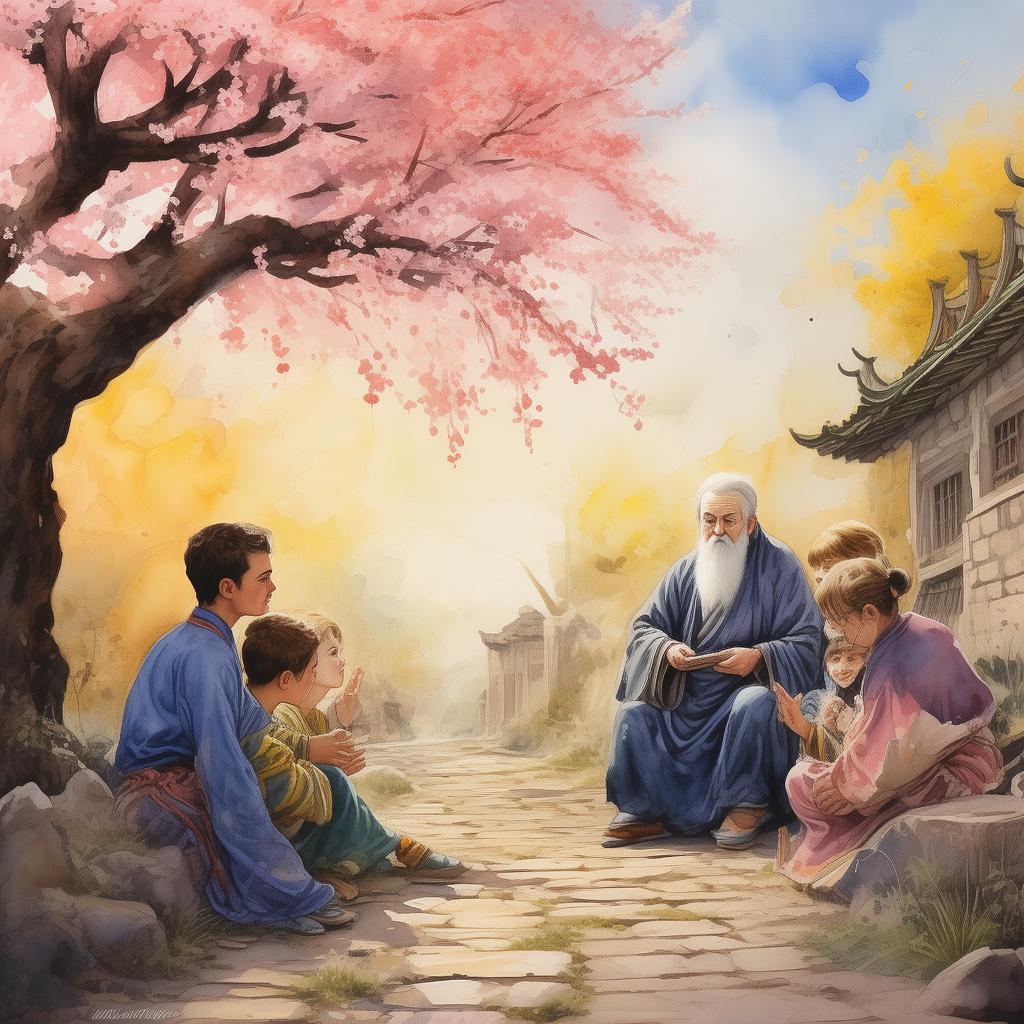
But Liang couldn't shake the feeling that they were playing with fire. He began to have nightmares, visions of people trapped in a virtual world with no way out. He knew that if The Reckoning were to fail, it could lead to chaos and despair.
As the day of the virtual election approached, Liang found himself at a crossroads. He had to decide whether to follow through with The Reckoning or to stand against it. He knew that his decision would have profound implications for the world, and he wasn't sure he was ready for that kind of responsibility.
In the end, Liang chose to stand against The Reckoning. He confronted Aria and the other members of The Cybernetic Conclave, urging them to reconsider their actions. "What if we're wrong? What if this project goes too far and we can't stop it?"
Aria looked at Liang, her eyes filled with a mix of frustration and respect. "You're right, Liang. We've been so focused on the potential of The Reckoning that we've forgotten about the risks. But it's not too late to change our minds."
With Liang's intervention, The Cybernetic Conclave decided to cancel The Reckoning. The world was saved from a potential disaster, but at a cost. The society was no longer the same, and Liang found himself questioning his own role in the world of technology.
In the aftermath of The Reckoning, Liang began to reevaluate his place in the world of cybernetics. He realized that the true power of technology lay not in its ability to change reality, but in its ability to inspire change within people.
The Cybernetic Reckoning had been a wake-up call for Liang. He had learned that with great power comes great responsibility, and that the path to true innovation was paved with ethical considerations and moral courage. In the age of tech, it was not just about what we could create, but about who we were as creators.
✨ Original Statement ✨
All articles published on this website (including but not limited to text, images, videos, and other content) are original or authorized for reposting and are protected by relevant laws. Without the explicit written permission of this website, no individual or organization may copy, modify, repost, or use the content for commercial purposes.
If you need to quote or cooperate, please contact this site for authorization. We reserve the right to pursue legal responsibility for any unauthorized use.
Hereby declared.
